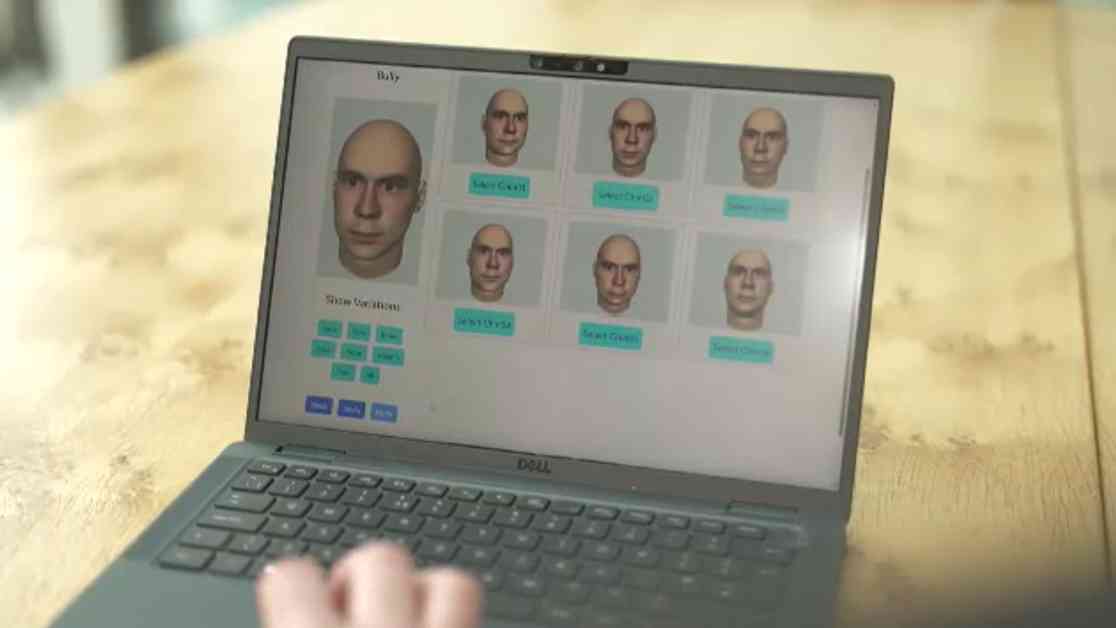New article:
Therapy Using Digital Avatars to Help Those with Psychosis Overcome Distressing Voices
A recent study conducted by clinical psychologists at Kings College London (KCL) has revealed that therapy using computer-generated avatars can significantly help individuals who hear bullying or abusive voices. These digital animations, created by people with psychosis to match the voices they hear, are used in role-playing exercises under the guidance of a therapist. Through these sessions, individuals learn to confront and push back against the tormenting voices they experience.
The study found that just a few sessions of avatar therapy can reduce the distress and frequency of these voices. One individual, Ruth, who had been hospitalized for over five years due to her illness, shared her experience with Sky News. She described hearing the voices as if they were right behind her, making derogatory remarks and at times screaming directly into her ear. Ruth underwent therapy with an avatar she created and reported significant progress. She is now married and preparing to start a new job, attributing her improvement to the therapy sessions.
The therapy process involves individuals creating a digital avatar that represents the voices they hear. They select vocal sounds and choose facial features that align with the voice, creating a visual representation of their tormentor. During therapy sessions, individuals engage in conversations with the avatar, controlled by a clinical psychologist, to learn how to confront and stand up to the distressing voices.
Dr. Tom Ward, a clinical psychologist at KCL, emphasized the powerful nature of this therapy. He noted that for many individuals, the voices they hear have been a source of fear and avoidance for years. Facing these voices through the avatar therapy can be anxiety-inducing but ultimately empowering as they learn to interact with the avatar in a safe environment.
A study involving 345 participants, funded by the Wellcome Trust and published in the journal Nature, demonstrated the effectiveness of avatar therapy in pushing distressing voices into the background. This shift allowed individuals to resume more normal daily lives. Professor Philippa Garety, the lead researcher, hailed this therapy as a significant breakthrough, being the first to show sustained improvement in how often individuals hear voices.
The National Institute for Health and Care Excellence (NICE), the regulatory body for NHS treatments, has endorsed avatar therapy. The positive outcomes observed in the study have prompted plans to introduce the therapy to clinics in England for further real-world testing. This development marks a critical step in providing innovative and effective treatments for individuals struggling with psychosis and distressing voices.




